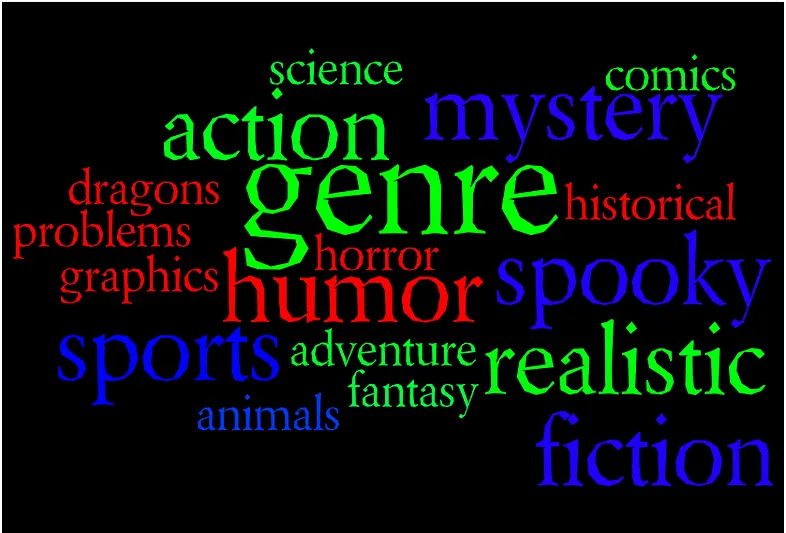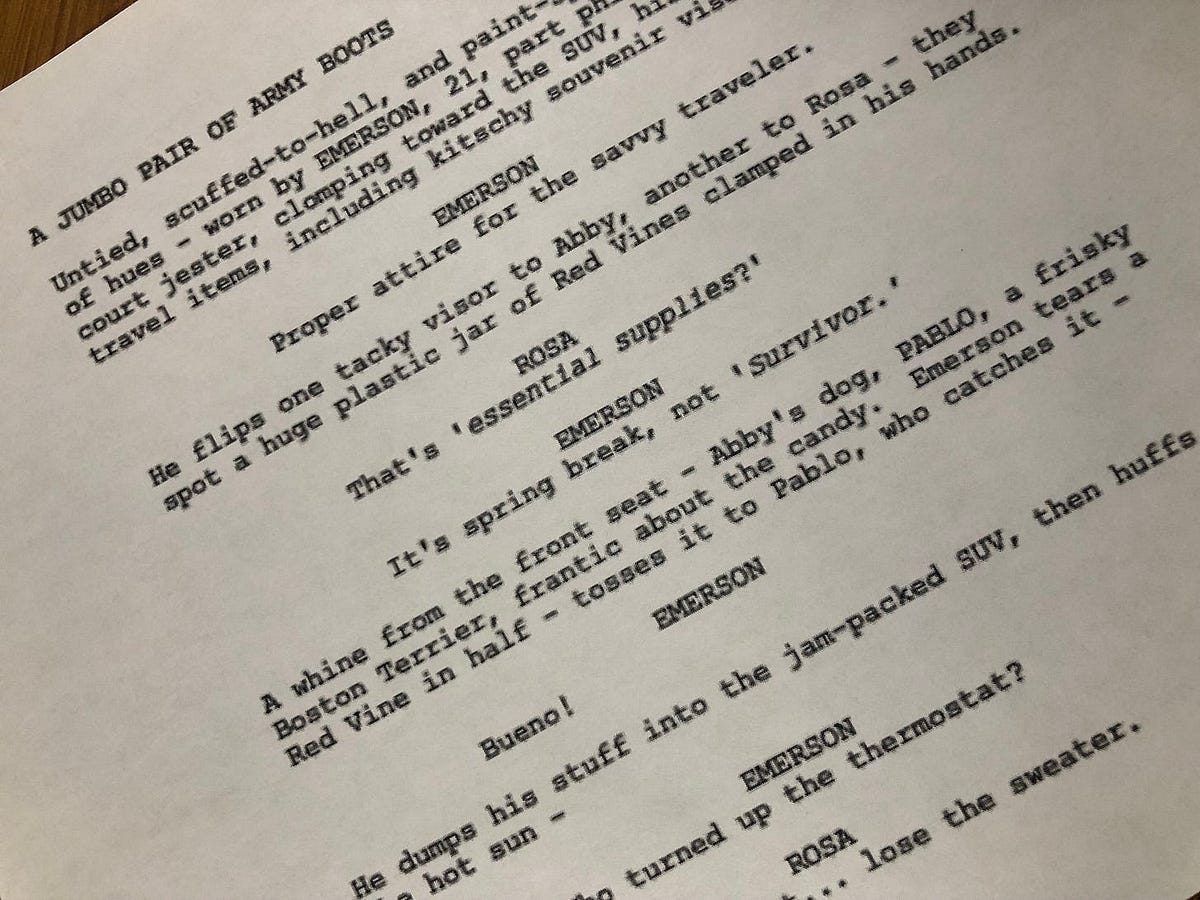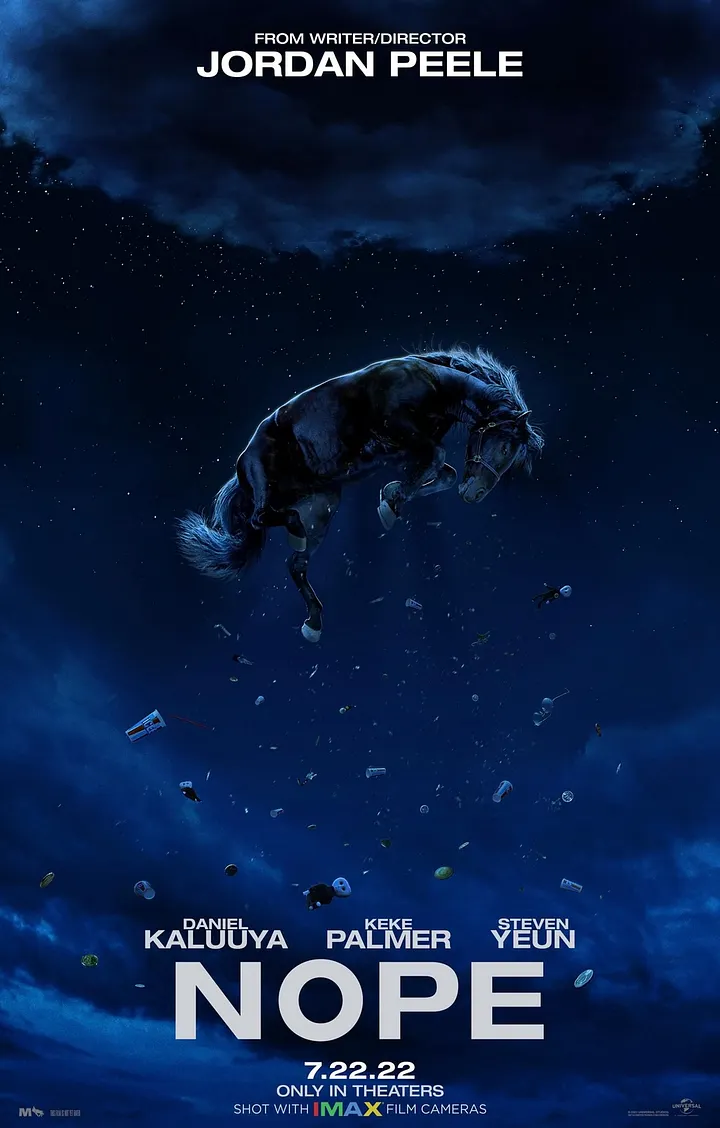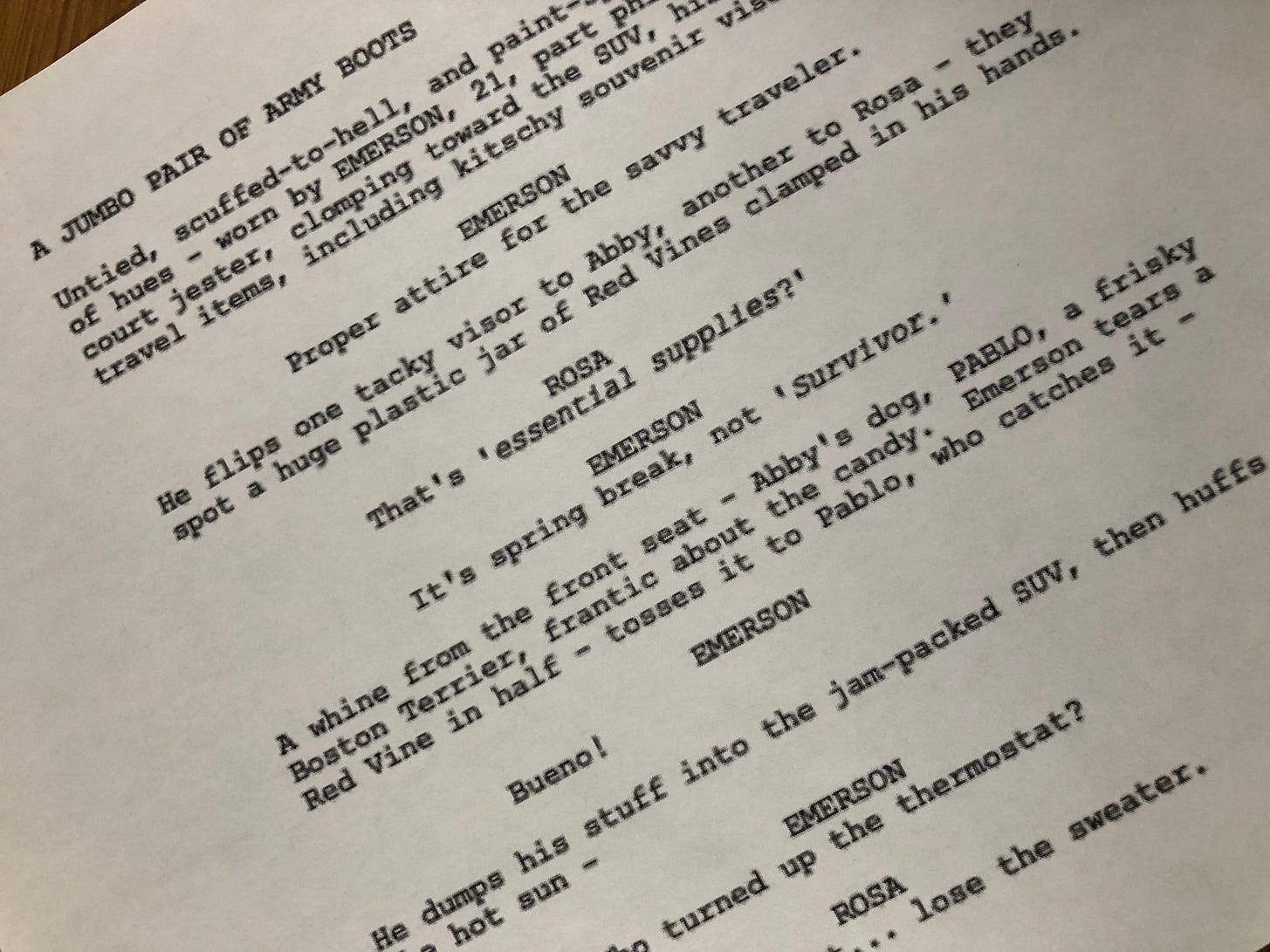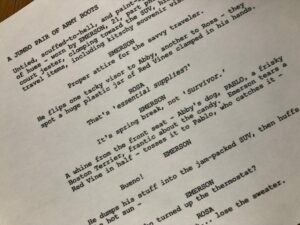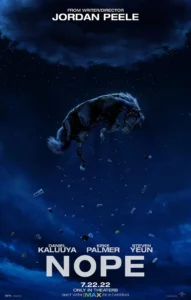Unlock the Secrets Hidden Within Your Favorite Genre—Are You Ready to Discover What Lies Beneath?
Ever wonder why some screenplays just click with their audience while others flop spectacularly? Here’s a little secret I’ve learned from years of chatting with screenwriters: they don’t just write in a genre—they live in it. It’s like trying to bake a cake without knowing your ingredients; you might get lucky, but most times you’ll end up with a hot mess. Knowing the ins and outs, the quirks, and the well-worn paths of your genre—you gotta soak in its heart, soul, and all those little tropes that make it tick. Whether you’re penning a rip-roaring action flick, crafting clever comedy, or building futuristic sci-fi worlds, understanding the rules (and when to break ’em) isn’t just helpful—it’s crucial. So, if you’re dreaming about selling that screenplay or just want to avoid the cringe-worthy “been-there-done-that” trap, dive in deep, folks. Because genres aren’t just labels—they’re living, breathing ecosystems.
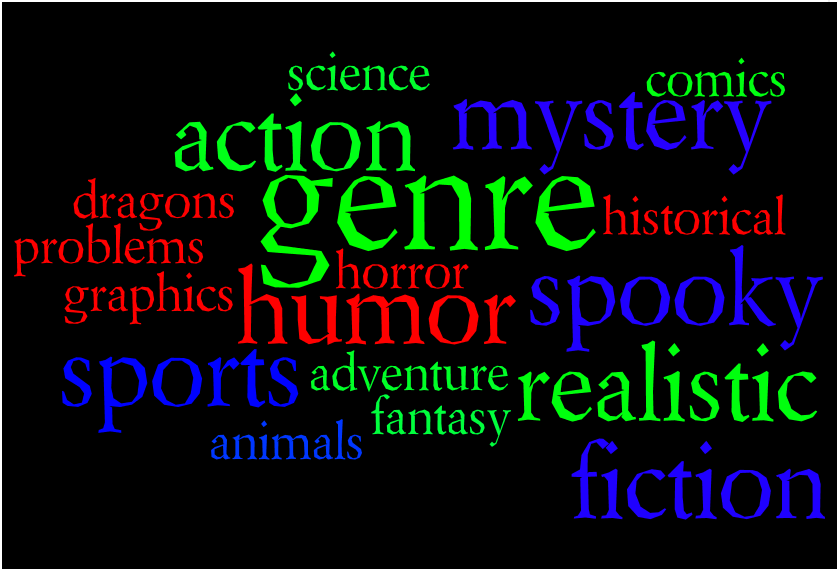
If you want to write in a genre, immerse yourself in it.
I have gotten to know a lot of screenwriters through the years. In talking with or interviewing them, one thing I find they pretty much have in common: They know their genre.
That is a lesson for all of us.
When you write an original screenplay within a specific genre, you really should know its heart, soul and guts. This will inform every step of your creative and writing process: concept, character development, brainstorming, plotting, tone, style, atmosphere, voice, pace, and so on. There are patterns, tropes, memes and attributes common to certain genres, and you need to know as much about them as possible, if you want to follow, subvert, or break those conventions.
If you are an action writer, you need to know the action genre.
If you are a comedy writer, you need to know the comedy genre.
If you are a science fiction writer, you need to know the science fiction genre.
And so forth down the list of genres, sub-genres and cross genres.
There are so many reasons why this is the case. Here are a few:
- Knowing a genre means you will be informed about what has come before which can help you avoid too closely duplicating scenes or key beats in previous movies. An homage is one thing. Unknowingly mimicking a familiar beat not only means you will have to change that bit of business, it will also convey to a Hollywood insider you aren’t steeped all that well in the genre. On the other hand, if you do have extensive awareness of a genre, that can raise the comfort level of a potential buyer.
- Knowing a genre means you can be inspired by other movies in that arena. Think of any Quentin Tarantino movie, each of them standing on the shoulders of dozens of predecessor films, even to the point where he will cast actors from those movies as a way of honoring them. If you are smart, you can refer obliquely to famous bits in previous movies and they can work as an homage, a great way to draft on successful moments in prior films.
- Knowing a genre means you will understand whether you are inclined to write within that genre or not. If you find it easy to watch horror movie after horror movie as part of…
